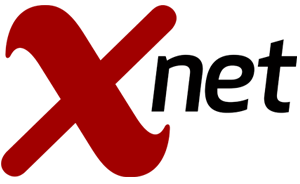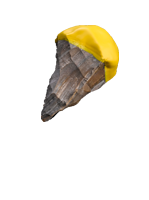Katsav was received with military honors by his German counterpart, Horst Koehler, after touching down
at Berlin's Tegel airport. The two presidents later met to discuss setting up a joint fund to intensify youth, scholarly and cultural exchanges between the two countries.
Katsav also praised the country's relations with Germany, saying they were built on the "trauma of the past," which serves as a reason to create a better future. He also commended Berlin for being resolute in its ongoing fight against anti-Semitism and far-right extremism, but warned of "worrying" signs in the air.
The president was scheduled to meet later Monday with Chancellor Gerhard Schroeder and Foreign Minister Joschka Fischer, and is set to address German lawmakers Tuesday - one of a few foreigners to speak in the restored Reichstag building, where the lower house, or Bundestag, has sat since 1999.
Common Interests
Ahead of his visit, Katsav told the German-language Die Welt daily that Israel's relations with Germany were based on common political, economic and cultural interests. He noted that both Germans and Israelis share the burden of considering how to keep the memory of the Holocaust alive for future generations.
"Even while there are signs of a stronger public acceptance of neo-Nazi ideas, I see Germany as playing a leading role in seriously considering how to spiritually strengthen future generations," Katsav said.
Also Monday, Katsav was to meet with opposition leader Angela Merkel, the Christian Democratic candidate who will challenge Schroeder in planned elections this September. He is also to visit Germany's newly unveiled national Holocaust memorial.
The visit to Germany follows a trip to Israel in February by Koehler, who began his speech to the Knesset in Hebrew expressed his "shame and humility" at the World War II history of his country.He also promised Germany would wage a determined battle against anti-Semitism.
Israel and West Germany established diplomatic relations on May 12, 1965.


















